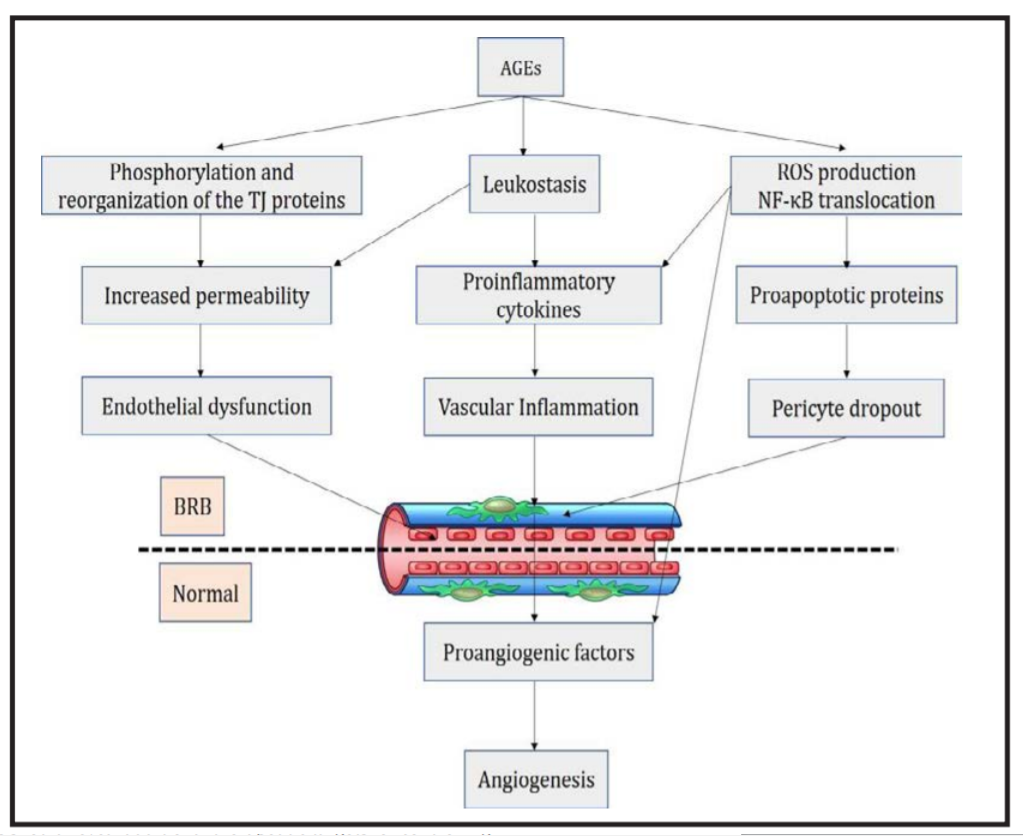
Overeating and obesity have become rampant both in the United States and around the world. On a worldwide basis, nearly two billion adults are overweight, and approximately 650 million adults are considered obese. It is a well-established fact that overeating and obesity can cause serious health problems, such as high blood pressure, diabetes and heart disease. However, studies show that advanced glycation end products (AGEs) can lead to serious health problems regardless of a person’s weight.
What Are Advanced Glycation End Products (AGEs)?
Advanced glycation end products (AGEs) are a group of harmful molecules that are formed when sugar combines with proteins or fats in a particular manner. The name of the process is glycation. There are two primary ways that produce the AGEs. The first is a natural process that causes AGEs to build up in the body as the body ages. The second is from food, especially when its preparation includes heat.
How Does the Heat Preparation of Food Produce AGEs?
Using heat to prepare food produces AGEs as a result of the Maillard reaction. This is the name for the chemical reaction that turns food brown and gives the food its desirable flavor. Examples of food cooked in this manner include seared steaks, toasted marshmallows, and fried chicken.
Modern diets primarily consist of foods that are heat-processed and therefore contain a significant amount of AGEs. In fact, foods cooked in this manner are likely to contain anywhere from 10 to 100 times the amount of AGEs in foods that are not heat processed. Foods likely to contain the most AGEs include red meat, butter, certain cheeses, mayonnaise, fried eggs, cream cheese, and nuts.
How Do AGEs Affect a Person’s Health?
The adverse health effects of advanced glycation end products (AGEs) have received much attention in the past few years. While relatively low levels of AGEs seem to be of little consequence, high levels have been shown to have a correlation with many diseases, including cardiovascular disease and diabetes. People with elevated blood sugar levels are, particularly at risk. Fortunately, the body has ways of eliminating these harmful molecules, including enzymes and antioxidants. However, if too many AGEs are consumed, the body’s natural process becomes overwhelmed and is unable to keep up.
How Advanced Glycation End Products (AGEs) Cause Aging

Proteins are essential for life. They provide body structure, including the collagen that is present in vascular structures, organs, muscles, and skin. They also provide certain biochemical reactions within the body that are necessary to sustain life. However, the previously discussed glycation process damages structural proteins, altering their function. Because of this, advanced glycation end products (AGEs) have been implicated in many of the diseases that are associated with aging, including the following:
- Cancer
- Type II diabetes
- Atherosclerosis
- Stroke
- Skin disorders
- Alzheimer’s disease
- Heart disease
- Kidney disorders
- High blood pressure
- Visual impairment
How Can AGEs Be Reduced?
Although it may be impossible to completely eliminate AGEs, we can reduce them by relying on foods that contain relatively few AGEs, even after cooking. These include vegetables, whole grains, fruits, and milk. AGEs can also be avoided by cooking with moist heat, cooking at lower temperatures, using shorter cooking times and by including foods that are high in acid content, such as vinegar or lemon juice. Research has also shown that the supplement benfotiamine has also been shown to reduce the effect of AGEs.



